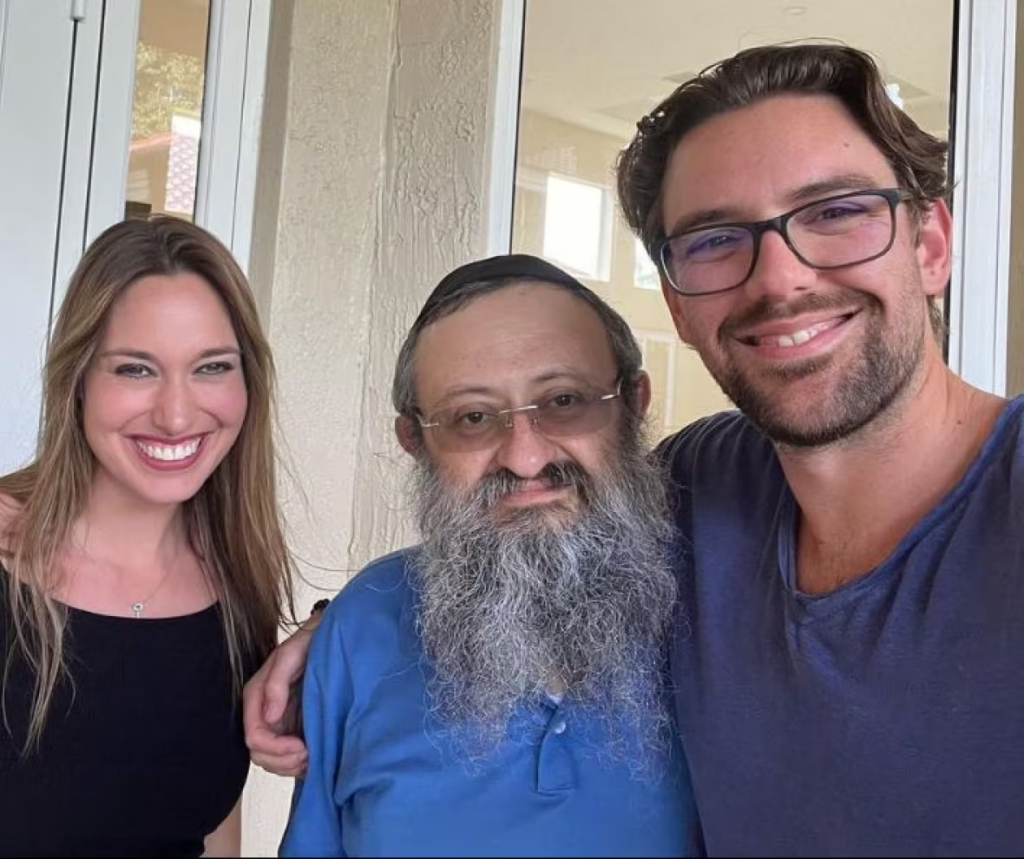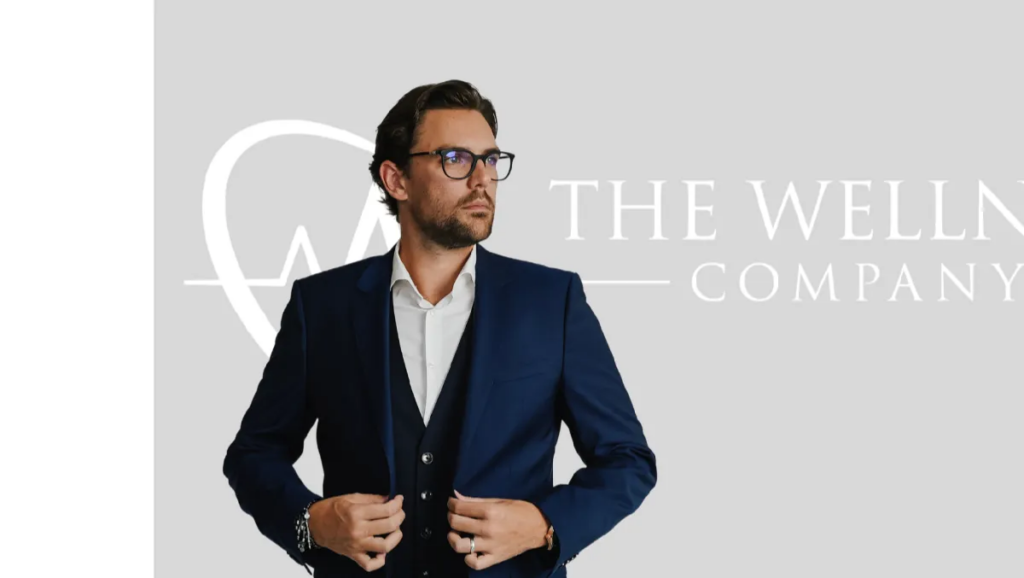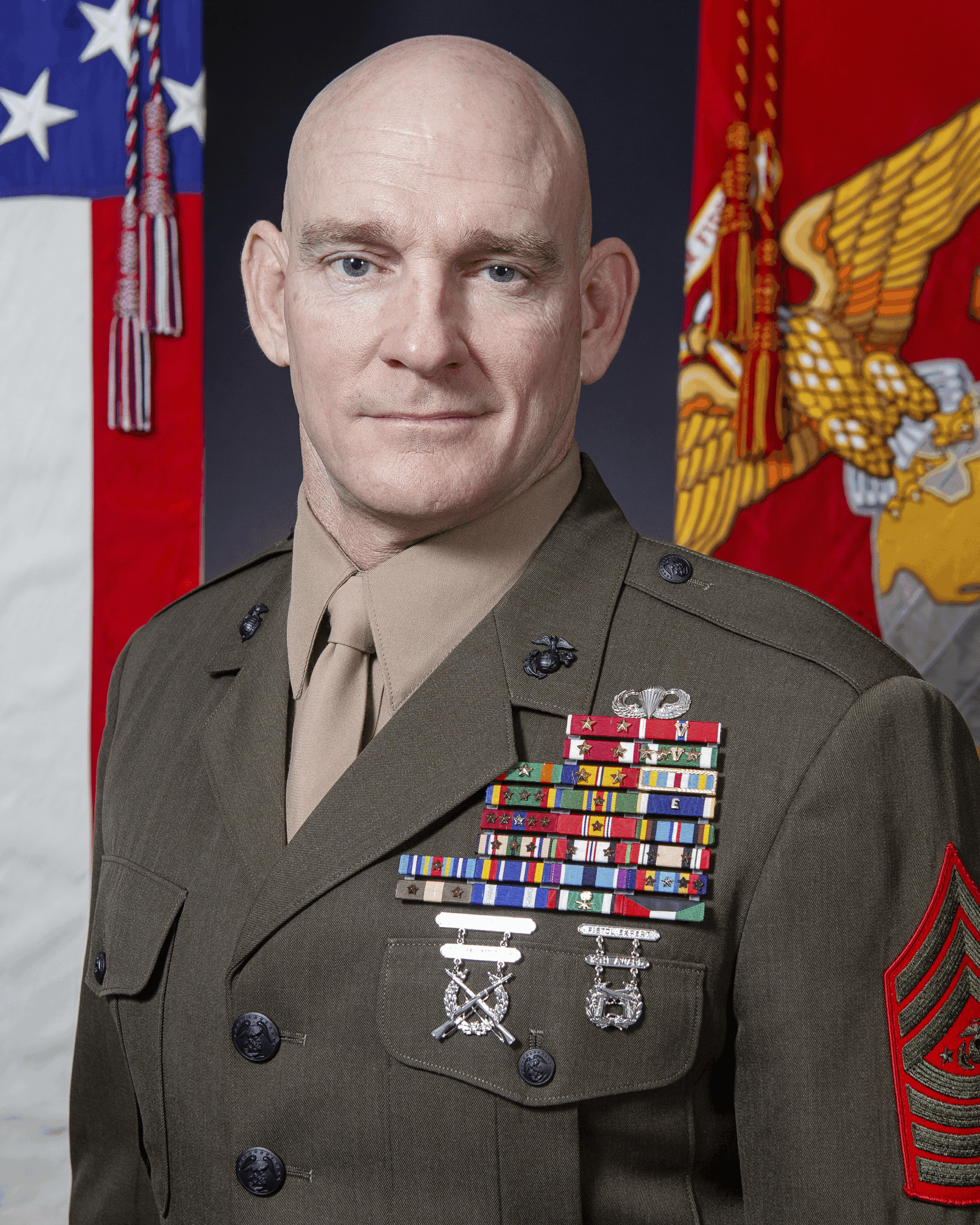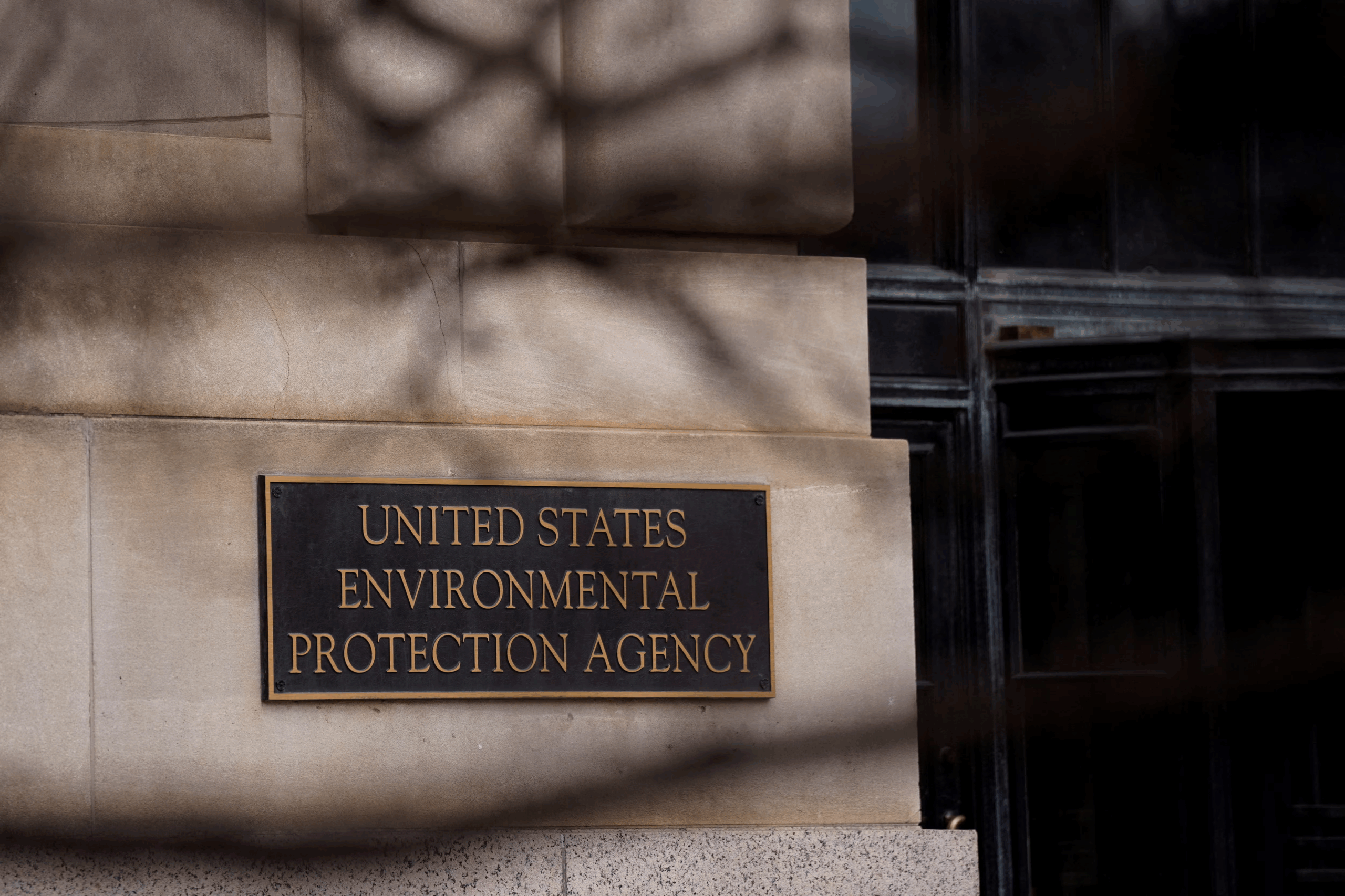Wildfires in Los Angeles County are an annual challenge, requiring skilled firefighting and immense resources. Coulson Aviation, known for its aerial firefighting capabilities, plays a critical role. Yet, a deeper dive into the company and its affiliations raises questions about conflicts of interest and transparency.

Coulson Aviation: Fighting Fires with Family Ties
Coulson Aviation, contracted for firefighting services in Los Angeles County, is a family-owned company. Wayne Coulson leads the operation, but his son, Foster Coulson, co-owns The Wellness Company, a burgeoning health and wellness enterprise. This connection has sparked significant public interest, especially as The Wellness Company actively collaborates with influencers to promote its products.
Many influencers on X (formerly Twitter) reportedly earn up to $10,000 monthly from their association with The Wellness Company. Their reach shapes public opinion on various topics, including health, politics, and emergency responses. This raises critical questions: Can these influencers provide unbiased commentary on wildfires, or does their financial relationship compromise their objectivity?

Insurance, Fires, and Contracts: A Suspicious Timeline
A series of events in 2024 paints an intriguing picture. On April 12, State Farm announced it would drop 30,000 homeowners’ insurance policies in California. West Hollywood residents were among those affected. Less than a month later, on May 6, the Reinsurance Association of America (RAA) elected Justin O’Keefe of ReinsuranceRe as its chairman.
ReinsuranceRe is co-invested in Catalina (Athora) with Apollo Global Management (AGM). AGM’s leadership includes Marc Rowan, Josh Harris, and Leon Black—figures tied to high-profile financial and political networks. These developments, coupled with Coulson Aviation’s contracts, have led some to speculate about possible coordination between insurers, fire response agencies, and property developers. The stakes are high: land and property in wildfire-prone areas can be seized or sold under duress after disasters.
Ties That Bind: The Wellness Company and Influencers
Foster Coulson’s involvement in The Wellness Company has sparked debate. This firm markets itself as an alternative health enterprise but relies heavily on influencer marketing. Influencers paid by the company often discuss topics like government overreach, natural health, and even disaster preparedness.
Critics argue these influencers are gatekeepers of information, shaping narratives while benefiting financially. Their partnerships could deter them from critically analyzing Coulson Aviation’s operations or its role in wildfire management.

Firefighting or Land Grabbing? The Bigger Picture
The wildfire-insurance dynamic raises concerns about exploitation. Property owners in high-risk areas face skyrocketing premiums or outright policy cancellations. Companies like State Farm withdrawing coverage amplify this pressure. Without insurance, families are often forced to sell at a loss, making way for developers or corporate interests.
Some allege this could be part of a broader scheme: using disasters as opportunities to devalue land, drive out residents, and consolidate control over valuable property. While no concrete evidence has emerged, the rapid succession of related events raises eyebrows.
High-Profile Connections and Ethical Questions
Further complicating the narrative are the high-profile connections linked to AGM’s leaders. Marc Rowan chairs the UJA-Federation, a powerful philanthropic organization. Leon Black has longstanding ties to Jeffrey Epstein. Josh Harris co-invests in media ventures like The Messenger and sits on the board of Mount Sinai, a hospital scrutinized during COVID-19 for its treatment protocols.
These figures wield influence across industries, from reinsurance to media to healthcare. Their potential overlap with wildfire management efforts, even indirectly, creates a complex web of interests that warrants closer examination.
Influencers in the Spotlight
Prominent influencers associated with The Wellness Company are now under scrutiny. Some have been accused of hiding their financial ties to the company while promoting specific narratives. Critics point to figures like Rogan O’Handley (@DC_Draino) as examples of influencers allegedly prioritizing personal gain over transparency.
This lack of disclosure erodes public trust. If influencers are financially linked to companies involved in critical services like firefighting, their impartiality is compromised.

A Call for Transparency and Accountability
Public trust hinges on transparency. Firefighting is a public service, often funded by taxpayer dollars. Companies like Coulson Aviation must ensure their operations are beyond reproach. Simultaneously, influencers promoting affiliated companies should disclose their financial ties clearly.
The public deserves to know if decisions about fire response are influenced by financial incentives rather than safety and efficiency. Moreover, investigations into potential coordination between insurers, fire response agencies, and corporate interests could help address lingering doubts.
The Road Ahead: What Can Be Done?
Greater accountability starts with robust oversight. Local governments contracting companies like Coulson Aviation should demand full transparency regarding ownership structures and affiliations. Influencer marketing, particularly in sensitive areas like emergency management, needs stricter regulations to prevent conflicts of interest.
Wildfires are a matter of life and death for many communities. Those responsible for managing these crises must act with integrity. Anything less risks undermining public confidence and leaving communities vulnerable—not just to fires, but to exploitation.
Coulson Aviation’s firefighting efforts are vital for Los Angeles County. However, its ties to The Wellness Company, the insurance industry, and influencers have raised valid concerns. Transparent operations and open discussions about these connections are essential to maintain trust in emergency services. The stakes couldn’t be higher: communities depend on these services for their safety and survival.
Our Visitor






 Users Today : 2
Users Today : 2


